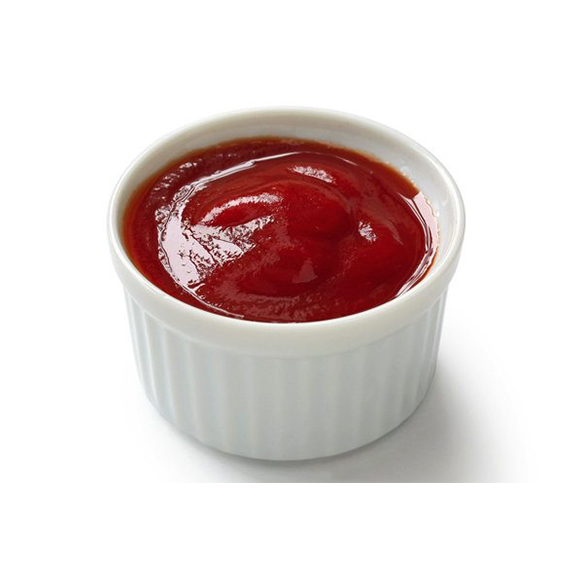Ketchup goes with just about everything—French fries, eggs, hash browns, burgers, deli meats . . . the list goes on and on. This red condiment has been touted as being healthy by some, but does that mean we should be using endless amounts of it? Is this red condiment good for you?
Yes?
Ketchup is a low-calorie condiment, made from tomatoes, vinegar, salt, pepper, and spices. It contains 15 calories per tablespoon and vitamins A and C. Compared with its competitor mayonnaise, ketchup has no fat and far fewer calories per tablespoon (mayo contains 103 calories, 12 grams fat). This makes it a healthier choice for those trying to cut out added calories.
Processed and cooked tomatoes were also found to have high levels of the antioxidant lycopene. The study shown that women who had higher levels of lycopene in their blood had a 50% lower risk for developing heart disease. That study also proved useful for ketchup manufacturers who got the word out that their product is “healthy.” After that I found friends, family and even clients who’d squeeze bottles of ketchup on their plate and rationalize its overuse by saying, “hey, it’s good for me!”
No?
Two ingredients of concern in ketchup are salt and sugar. Per tablespoon, ketchup contains 4 grams of sugar and 190 milligrams of sodium. Although 4 grams of sugar doesn’t seem like a lot, much of it comes from added sugar, as opposed to the natural sugar found in tomatoes. The same goes for the added salt: consuming 8 tablespoons of ketchup will have you reaching your sodium needs for the entire day, so if you like to pour on the red stuff, it’s easy to overload on sodium.


